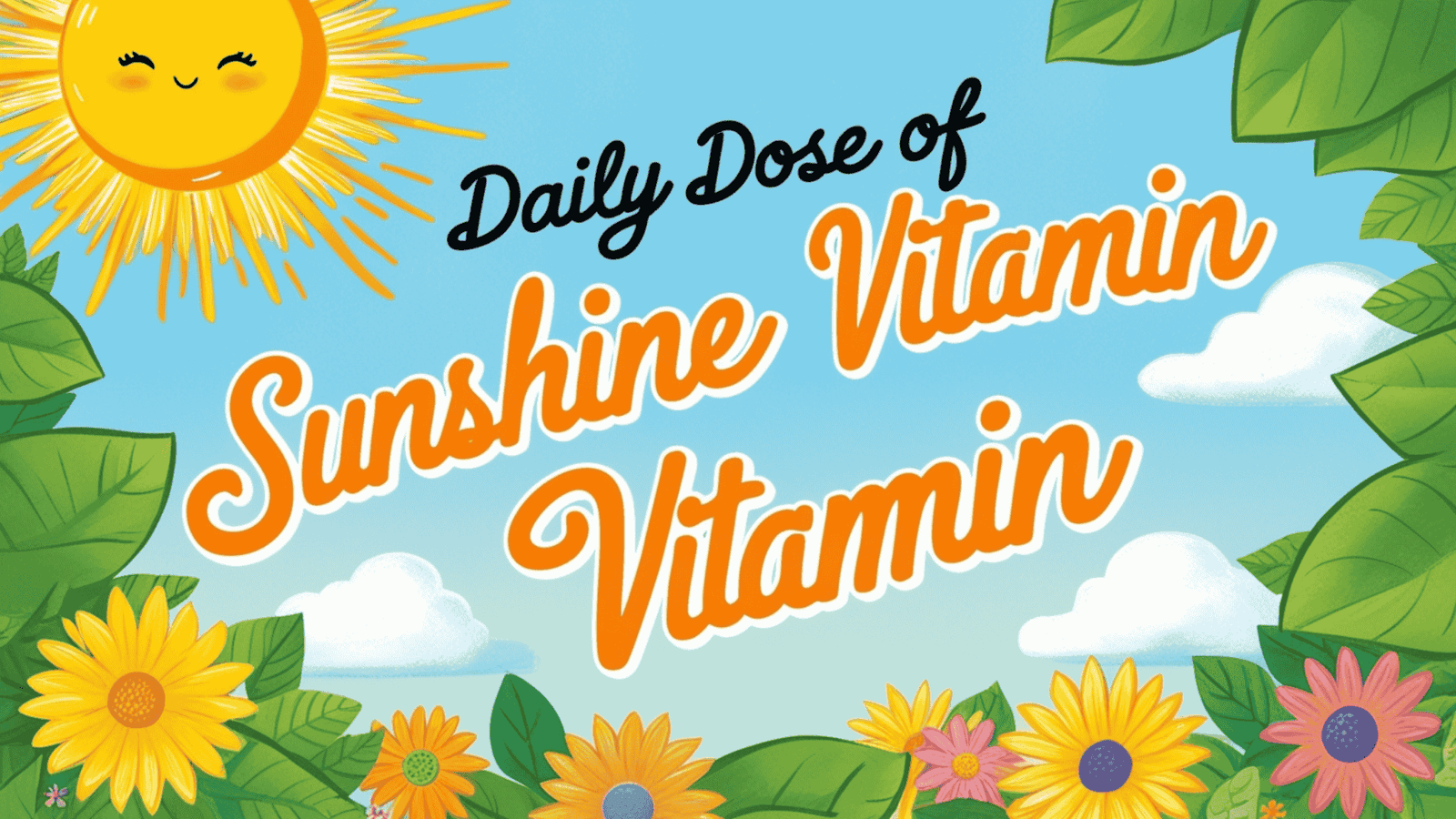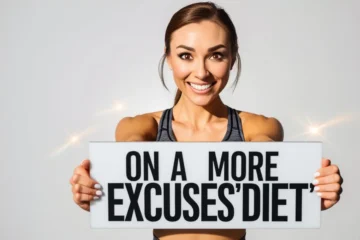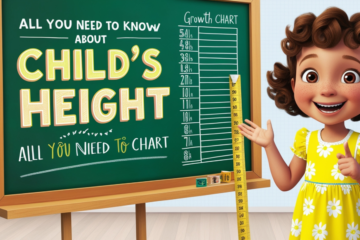Hello, myself Hassan! Do you feel low on energy? You might think that you live in a Southern state and you’re getting enough sunshine and Vitamin D for good health.
But, lemme tell you that it’s quite possible to have low Vitamin D, and even a deficiency, which can dim your health.
But no worries, in this blogpost we’ll discuss it’s importance, health benefits, indicators of deficiency, recommended intake, sources, tips for optimal levels and more.
Let’s get going!
Table of Contents
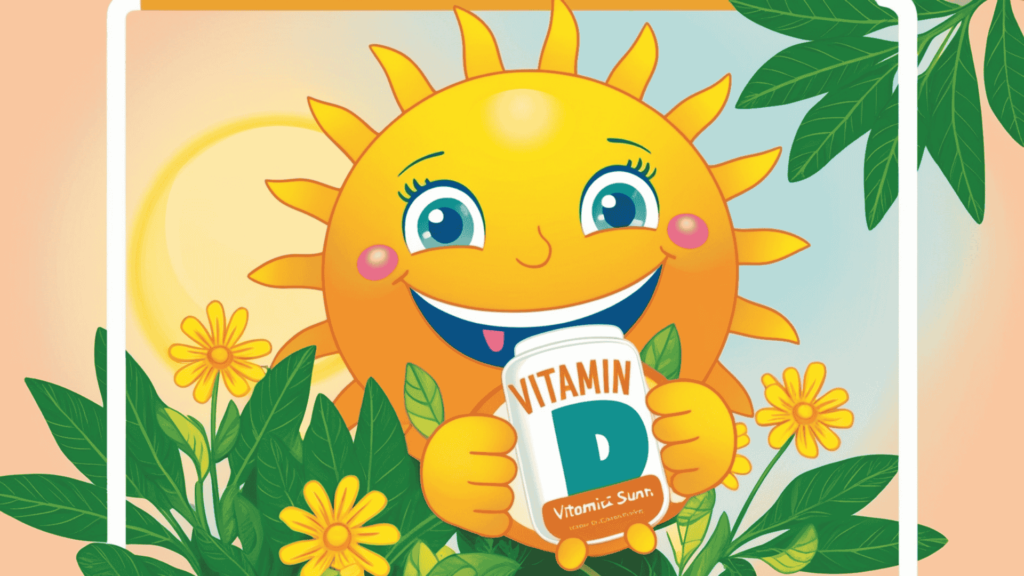
Importance of Vitamin D
Initially, lemme tell you briefly about Vitamin D, commonly known as Sunshine Vitamin. It plays an important role in maintaining our health. An interesting fact about this vitamin is that our body can produce it when our skin is exposed to sunlight.
It is needed for soaking up calcium and making our bones and teeth strong.
Two main forms are: D2 and D3. This vitamin supports our:
- Immune system,
- Helps regulate our mood, and
- Protects us against certain diseases.
Dietary sources include:
- Fatty fish,
- Milk and Cereals
- Supplements.
Many people may have insufficient Vitamin D, but in this blog post, we’ll understand the benefits and proper intake for the best health.
The following video is about Vitamin D:
Health Benefits of Vitamin D
The health benefits of Vitamin D are explained with the help of following table:
Description | |
|
|
|
|
| Lower risk of:
Protect against breast and prostate cancers. |
|
|
|
|
Indicators for Vitamin D Deficiency?
I’ve mentioned some symptoms of Vitamin D deficiency, they are:
- Fatigue
- Bone pain
- Muscle weakness, aches or cramps
- Hair loss
- Reduce Immunity
- Frequent Illness
Food and Supplement Sources of Vitamin D
You might be thinking I’ve mentioned above that our body produces Vitamin D but let me tell you it’s not always sufficient. Following are some food and supplement sources that will provide you with Vitamin D.
Food Sources | Supplement Sources |
Fatty Fish including
| Vitamin D3 Supplements |
Dairy Products like
| Multivitamin Supplements |
Egg Yolks, Fortified Cereals | Cod Liver Oil Supplements |
Cod Liver Oil, Mushrooms | Vegan Supplements |
Daily Dose of Sunshine Vitamin
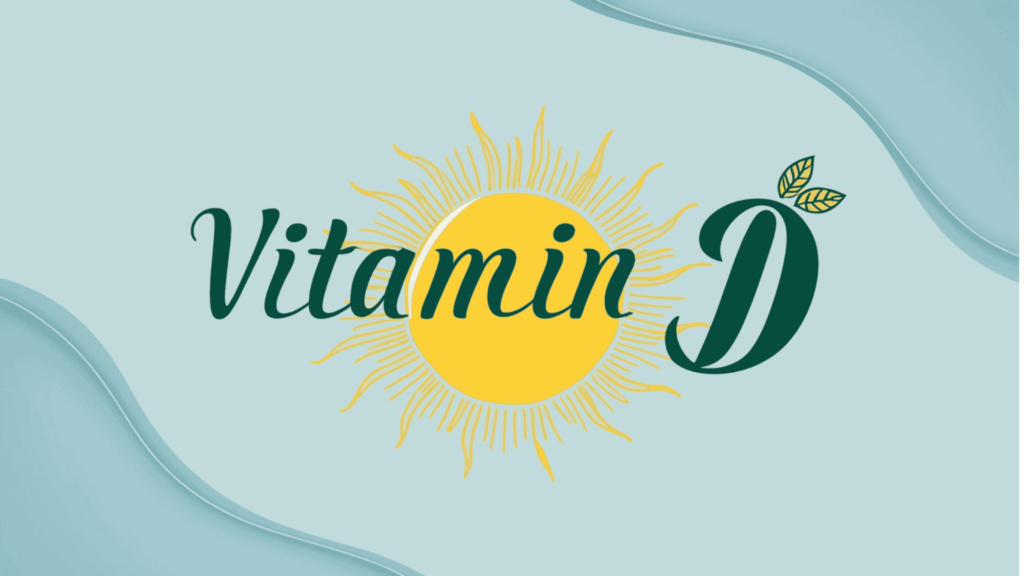
The daily intake for Vitamin D is different for different age groups. The general guidelines on the basis of age are as follow:
Age Group | Daily Intake of Vitamin D |
|---|---|
| 400 IU |
| 600-1000 IU |
| 600-800 IU |
| 800-1000 IU |
| 600-800 IU |
Tips for Optimizing Vitamin D Levels
I’m mentioning some tips for optimizing Vitamin D levels:
Sun Interaction
The easiest organic way to gain this is to spend time in the sunlight, especially during the middle of the day because this time UVB rays are strongest. Don’t aim for more than 10-30 minutes of sun exposure without sunscreen.
Sources of Vitamin D
You should include Vitamin D-rich foods in your diet such as:
- Fatty fish (salmon, mackerel, trout),
- Fortified dairy products (milk, yogurt, cheese),
- Egg yolks,
- Mushrooms, and
- Fortified cereals.
Supplements
Take supplements if you have limited sun exposure or you live in northern latitudes with less sunlight. Consult a healthcare professional for personalized recommendations if you’ve specific health conditions.
Multivitamins
If you can’t meet your daily requirements through diet alone, you must choose a multivitamin supplement that includes Vitamin D.
Regular Testing
Regularly monitor your levels, specially if you’re at risk of deficiency due to habits or health conditions. This will help you achieve your optimal health and well-being.
Vitamin D help in Weight Loss?
Vitamin D indeed helps in weight loss but it’s not a direct agent. I’ll mention some points so you’ll understand better:
Hunger Control
Vitamin D plays a role in controlling your hunger. It mainly helps in preventing overeating and promotes healthier food choices. In this way, it is indirectly supporting weight management efforts.
Regulate Blood Sugar Level
Vitamin D is involved in Insulin release. Better Insulin regulates blood sugar levels which in turn reduces weight gain.
Muscle Power
For strengthing your muscles, sunshine vitamin is needed, this will support exercise and will maintain a healthy composition of your body.
Metabolism Regulation
For regulation of healthy metabolism, vitamin D is required. If you’ve a balanced metabolism, you’re more likely to lose weight. This’ll support your metabolism and will make your hormones regulated.
We have discussed that Vitamin D plays role to your overall health and also supports weight management, but remember that it’s not a miracle that will work overnight and you’ll lose weight. So, be patient and don’t take an overdose.
Healthy weight management requires a combination of:
- Balanced nutrition,
- Regular physical activity,
- Adequate sleep,
- Stress management, and
- Overall lifestyle habits.
Conclusion
In conclusion, take control of your health – unlock the power of Vitamin D! Remember that Vitamin D is very necessary for our health, bones, immune system, and mood.
You’ll stay healthy only if you know how much amount is needed and from where you can get it. The best way is to eat foods that are rich in Vitamin D, take supplements, and safe sunlight exposure. Your health will be improved, bones will be strengthed, immunity will be boosted, if you make Vitamin D a part of your daily routine.
FAQ
Q1: Sunlight is enough for Vitamin D?
A1: Yes, sunlight is enough, free and direct source of Vitamin D, but there are some factors that affect the amount of Vitamin D, they are:
- Geographic location,
- Skin color,
- Sunscreen use, and
- Time spent outdoors.
Q2: What are side effects with Vitamin D supplementation?
A2: Vitamin D supplementations are safe if they’re taken as prescribed by doctor. But excessive intake will lead to Vitamin D toxicity, causing:
- Nausea,
- Vomiting, and
- Weakness.
Q3: Vitamin D supplementations is needed by everyone?
A3: No, some people get enough Vitamin D from sunlight and diet, but some may get benefited from Vitamin D supplements. Consult a doctor or healthcare provider to determine your needs, because it varies from person to person.
Q4: What foods are rich in vitamin D?
A4: Following are foods that are rich in Vitamin D:
- Fatty fish(like salmon and tuna),
- Egg yolks, and
- Fortified foods(like milk and cereals).
Q5: How can I come to know vitamin D deficiency?
A5: The level of Vitamin D can be measured by simple blood test. You need to talk to your doctor, and getting tested.

